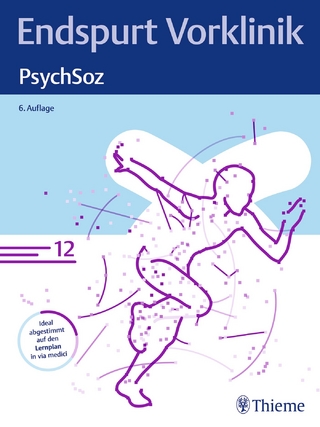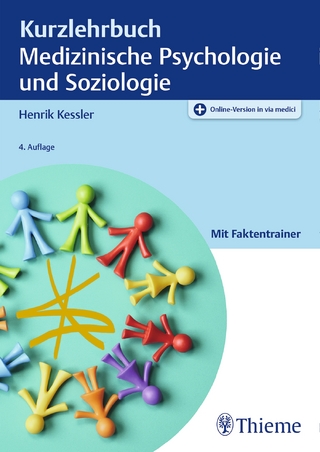
After the Wrath of God
AIDS, Sexuality, & American Religion
Seiten
2019
Oxford University Press Inc (Verlag)
978-0-19-006477-8 (ISBN)
Oxford University Press Inc (Verlag)
978-0-19-006477-8 (ISBN)
After the Wrath of God is the first book to tell the story of American religion and the AIDS epidemic. Petro argues that AIDS effected a shift in Christian rhetoric regarding sexuality.
On a cold February morning in 1987, amidst freezing rain and driving winds, a group of protesters stood outside of the Unitarian Universalist Church in Amherst, Massachusetts. The target of their protest was the minister inside, who was handing out condoms to his congregation while delivering a sermon about AIDS, dramatizing the need for the church to confront the seemingly ever-expanding crisis. The minister's words and actions were met with a standing ovation from the overflowing audience, but he could not linger to enjoy their applause. Having received threats in advance of the service, he dashed out of the sanctuary immediately upon finishing his sermon. Such was the climate for religious AIDS activism in the 1980s.
In After the Wrath of God, Anthony Petro vividly narrates the religious history of AIDS in America. Delving into the culture wars over sex, morality, and the future of the American nation, he demonstrates how religious leaders and AIDS activists have shaped debates over sexual morality and public health from the 1980s to the present day. While most attention to religion and AIDS foregrounds the role of the Religious Right, Petro takes a much broader view, encompassing the range of mainline Protestant, evangelical, and Catholic groups--alongside AIDS activist organizations--that shaped public discussions of AIDS prevention and care in the U.S. Petro analyzes how the AIDS crisis prompted American Christians across denominations and political persuasions to speak publicly about sexuality--especially homosexuality--and to foster a moral discourse on sex that spoke not only to personal concerns but to anxieties about the health of the nation. He reveals how the epidemic increased efforts to advance a moral agenda regarding the health benefits of abstinence and monogamy, a legacy glimpsed as much in the traction gained by abstinence education campaigns as in the more recent cultural purchase of gay marriage.
The first book to detail the history of religion and the AIDS epidemic in the U.S., After the Wrath of God is essential reading for anyone concerned with the intersection of religion and public health.
On a cold February morning in 1987, amidst freezing rain and driving winds, a group of protesters stood outside of the Unitarian Universalist Church in Amherst, Massachusetts. The target of their protest was the minister inside, who was handing out condoms to his congregation while delivering a sermon about AIDS, dramatizing the need for the church to confront the seemingly ever-expanding crisis. The minister's words and actions were met with a standing ovation from the overflowing audience, but he could not linger to enjoy their applause. Having received threats in advance of the service, he dashed out of the sanctuary immediately upon finishing his sermon. Such was the climate for religious AIDS activism in the 1980s.
In After the Wrath of God, Anthony Petro vividly narrates the religious history of AIDS in America. Delving into the culture wars over sex, morality, and the future of the American nation, he demonstrates how religious leaders and AIDS activists have shaped debates over sexual morality and public health from the 1980s to the present day. While most attention to religion and AIDS foregrounds the role of the Religious Right, Petro takes a much broader view, encompassing the range of mainline Protestant, evangelical, and Catholic groups--alongside AIDS activist organizations--that shaped public discussions of AIDS prevention and care in the U.S. Petro analyzes how the AIDS crisis prompted American Christians across denominations and political persuasions to speak publicly about sexuality--especially homosexuality--and to foster a moral discourse on sex that spoke not only to personal concerns but to anxieties about the health of the nation. He reveals how the epidemic increased efforts to advance a moral agenda regarding the health benefits of abstinence and monogamy, a legacy glimpsed as much in the traction gained by abstinence education campaigns as in the more recent cultural purchase of gay marriage.
The first book to detail the history of religion and the AIDS epidemic in the U.S., After the Wrath of God is essential reading for anyone concerned with the intersection of religion and public health.
Anthony Petro is Assistant Professor of Religion and Women's, Gender, and Sexuality Studies at Boston University.
| Erscheinungsdatum | 17.07.2019 |
|---|---|
| Zusatzinfo | 15 illus. |
| Verlagsort | New York |
| Sprache | englisch |
| Maße | 155 x 231 mm |
| Gewicht | 454 g |
| Themenwelt | Geisteswissenschaften ► Religion / Theologie |
| Studium ► 1. Studienabschnitt (Vorklinik) ► Med. Psychologie / Soziologie | |
| Studium ► Querschnittsbereiche ► Infektiologie / Immunologie | |
| ISBN-10 | 0-19-006477-3 / 0190064773 |
| ISBN-13 | 978-0-19-006477-8 / 9780190064778 |
| Zustand | Neuware |
| Haben Sie eine Frage zum Produkt? |
Mehr entdecken
aus dem Bereich
aus dem Bereich


